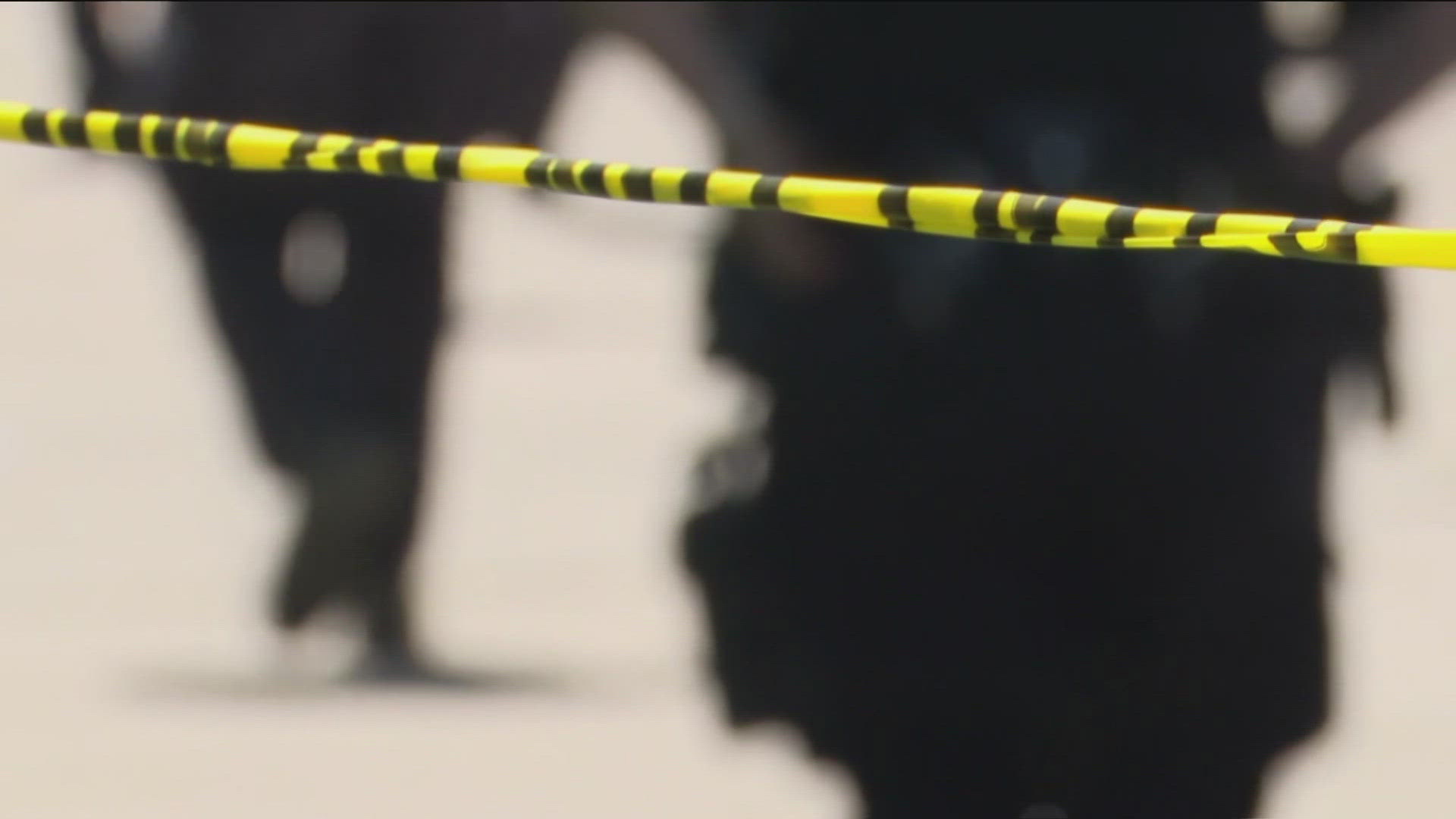TOLEDO, Ohio — Ohio is in the top ten states when it comes to line of duty deaths for law enforcement.
Ohio sits at eighth place with 918 officers who have died while in the line of duty since 1776, according to statistics from non-profit Officer Down Memorial Page, which records and memorializes the deaths of officers nationwide.
Almost half of Ohio's officer deaths have come from gunfire.
"The reality of the risks of the job that they do each and every day, they realize that they put their lives on the line to serve and protect the communities out there," said Vandalia Police Chief Kurt Althouse, the president of Ohio Association of Chiefs of Police.
He says over the years they have implemented safety measures such as upgrading police vehicles and equipping officers with more medical tools to use if they're ever injured in the field.
However, he says it takes more than that to keep officers in the street safe.
"We need to continually be in communication and collaboration of the police and the community," Althouse said. "Understanding that if the community is experiencing challenges of trust in the police, the police need to rebuild that trust with the community."
He also advises officers and police departments are public on parts of their job so they are able to understand one another and situations can go smoother.
In Toledo, 32 police officers have been killed while in the line of duty.
Toledo Police Lt. Mike Kurjan says the department has implemented more safety measures after the deaths of Toledo Police Officers Anthony Dia and Brandon Stalker.
Following Dia's death, the department began putting two officers to one patrol car, after Dia was shot and killed while on solo patrol responding to a report of an intoxicated person shortly after midnight on July 4, 2020.
"They have an option between when their probation is done, up until three years in the department," Kurjan said. "If they are comfortable with potentially working by themselves, we allow them to go off onto a solo patrol."
Gina Long is Officer Anthony Dia's mother. Her son, like hundreds of other officers across the nation, didn't come home one day after work.
"I worried a lot. I knew the streets were scary. He would say to me often, 'Mom, the city was on fire last night while you were asleep,'" Long said. "And I do think nighttime is a more scary time to be on the streets."
MORE FROM WTOL 11 NEWS:

